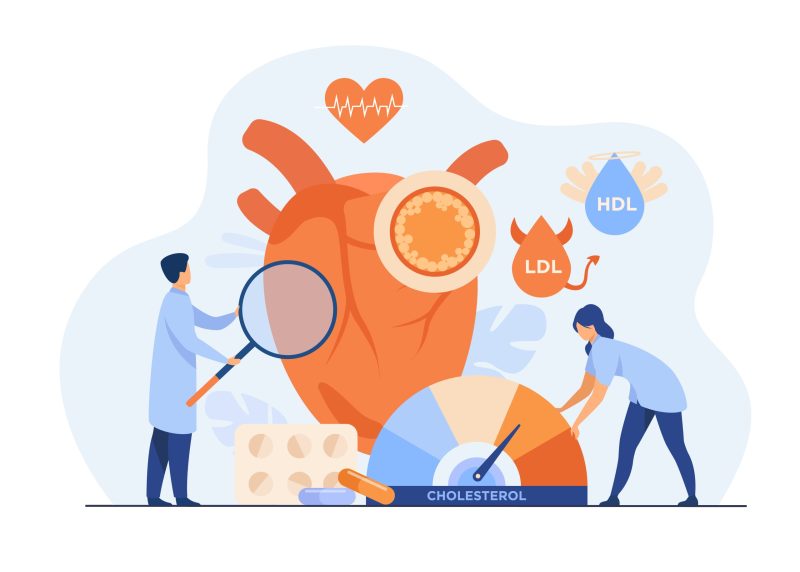The Impact of Medications on Blood Sugar Levels: What You Need to Know
Introductions:
Maintaining balanced blood sugar levels is essential for overall health and well-being. It’s not just about diabetics; everyone should be aware of how their blood sugar levels can be influenced by various factors, including medications. In this article, we will delve into the connection between certain medications and blood sugar changes. By understanding these potential effects, you can take proactive steps to ensure your health remains on track.
Understanding Blood Sugar Regulation:
Before we explore the medications, let’s briefly understand how the body regulates blood sugar. When we consume food, our body converts carbohydrates into glucose, a form of sugar. This glucose serves as a primary energy source for our cells. However, for the cells to use glucose efficiently, insulin, a hormone produced by the pancreas, is necessary. Insulin helps transport glucose from the bloodstream into cells, where it’s used for energy or stored for later use.
Medications and Blood Sugar: The Link:
It might come as a surprise that certain medications can affect blood sugar levels. The impact can vary from person to person, and it’s crucial to stay informed about these potential effects. Some medications can lead to higher blood sugar levels, while others might cause a drop. Being aware of these possibilities empowers you to take control of your health.
Medication 1: Metformin
Purpose: Metformin is commonly prescribed to manage type 2 diabetes by improving insulin sensitivity and reducing glucose production in the liver.
Potential Blood Sugar Effects: Metformin generally lowers blood sugar levels by enhancing insulin’s effectiveness, making cells more responsive to it.
Medication 2: Prednisone
Purpose: Prednisone is often used to treat inflammatory conditions, allergies, and immune system disorders.
Potential Blood Sugar Effects: Prednisone can lead to elevated blood sugar levels as it promotes insulin resistance and affects glucose metabolism.
Medication 3: Beta-Blockers
Purpose: Beta-blockers are prescribed for heart conditions like hypertension and arrhythmias, as well as anxiety.
Potential Blood Sugar Effects: Beta-blockers can mask the symptoms of low blood sugar (hypoglycemia) and potentially lead to higher blood sugar levels over time.
Medication 4: Antipsychotics
Purpose: Antipsychotic medications are used to manage mental health disorders such as schizophrenia and bipolar disorder.
Potential Blood Sugar Effects: Some antipsychotics can cause weight gain and insulin resistance, contributing to higher blood sugar levels.
Medication 5: Glucocorticoids
Purpose: Glucocorticoids are prescribed to treat inflammation, autoimmune diseases, and conditions like asthma.
Potential Blood Sugar Effects: Glucocorticoids can increase blood sugar levels by promoting gluconeogenesis (glucose production) and decreasing insulin sensitivity.
Risks and Considerations:
While these medications serve specific medical purposes, their potential impact on blood sugar should not be ignored. Uncontrolled blood sugar fluctuations can lead to complications, especially for those with diabetes. It’s essential to discuss any concerns with your healthcare provider and to undergo regular blood sugar monitoring.
Monitoring and Managing Blood Sugar:
Regardless of whether you’re taking these medications, staying mindful of your blood sugar levels is crucial. Regular monitoring allows you to catch any significant changes and take action promptly. Alongside medication management, adopting a healthy lifestyle with balanced nutrition and regular physical activity can contribute to stable blood sugar levels.
Expert Insights and Recommendations:
Medical professionals emphasize the importance of patient awareness. Dr. Jane Smith, a renowned endocrinologist, states, “Patients should always communicate openly with their healthcare providers about the medications they’re taking and any observed changes in blood sugar levels. This collaboration ensures that the best decisions are made for their health.”
Conclusion:
By understanding how medications can impact blood sugar levels, you’re better equipped to make informed decisions about your health. Regular communication with your healthcare provider, diligent blood sugar monitoring, and healthy lifestyle choices will contribute to your overall well-being. Remember, knowledge is the key to taking control of your health journey.










